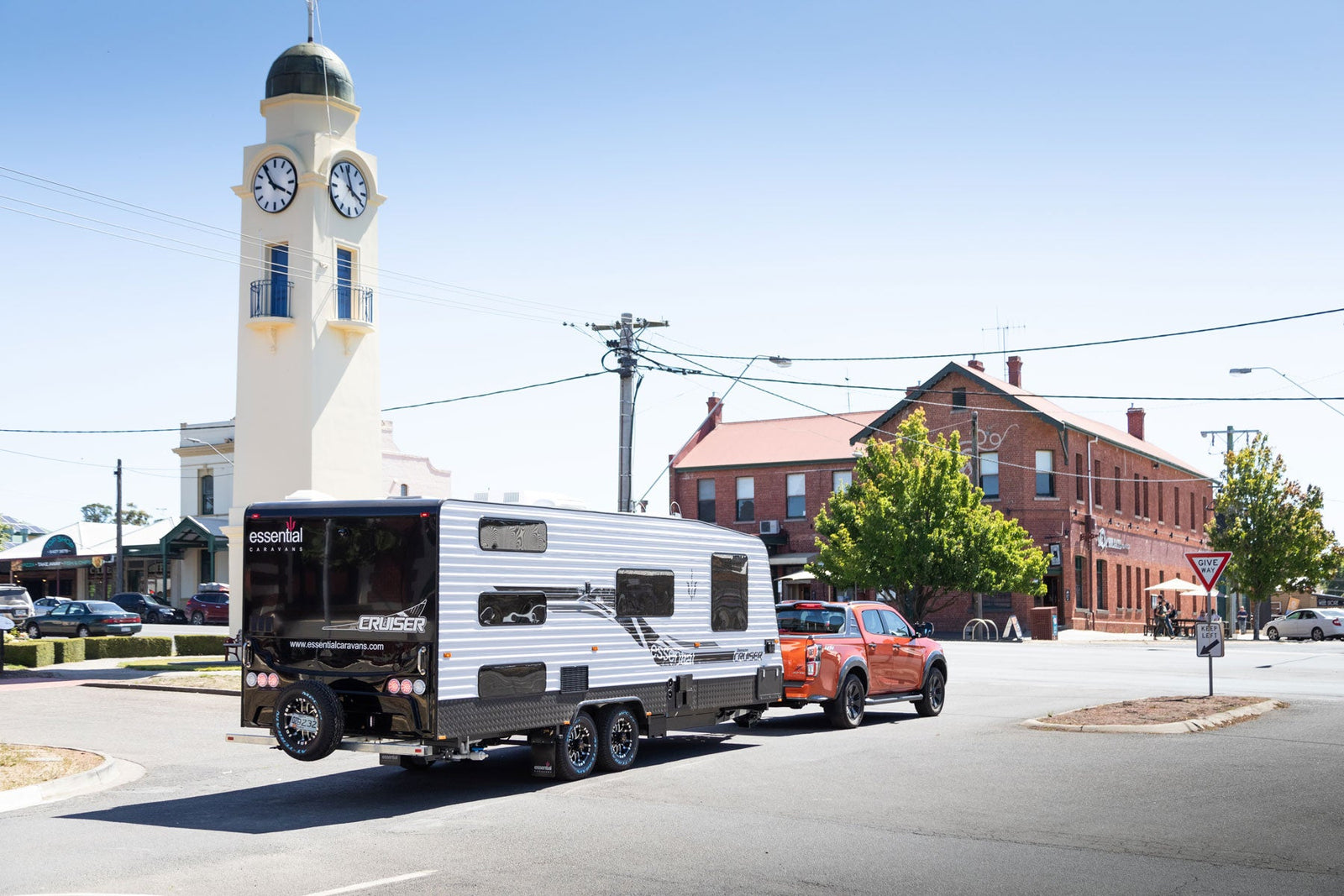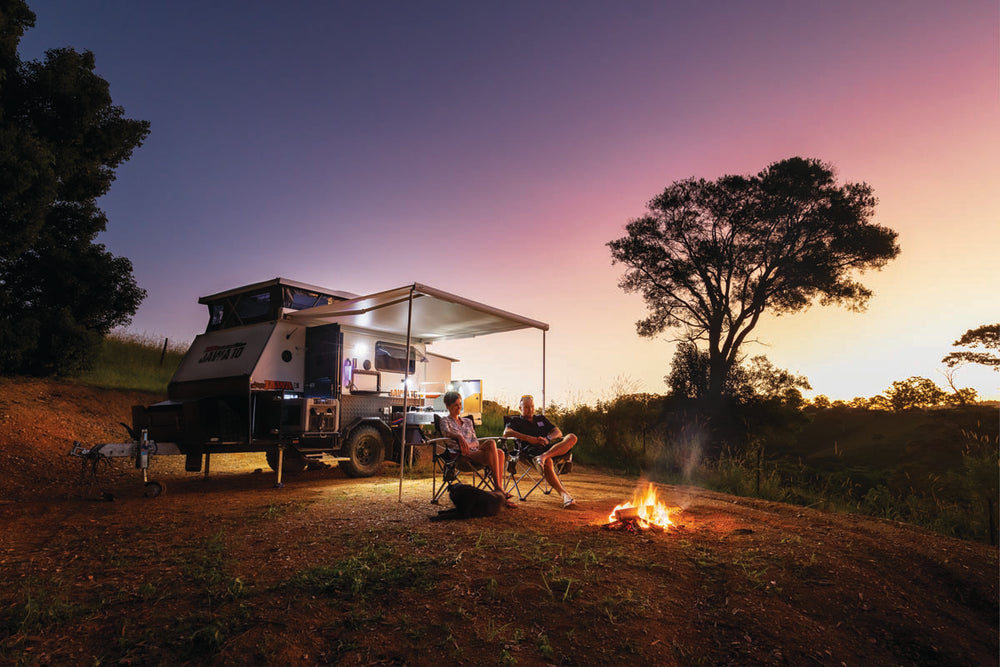Buying RV Online: How To Avoid Scams?

The convenience, the variety available, and the ease of comparing prices make online shopping a popular practice. In fact, society has become so comfortable with the practice that large online purchases, say like a car or a caravan, are now commonplace. So much so that caravan consumers have become enticing targets for online scammers.
Sadly, we have received a number of reports of suspicious caravan websites and, while we take the necessary course of action to try to have these removed through official channels, the best remedy remains vigilance. Especially when these scammers will just publish a new website with a new domain as soon as they get shut down. A good rule of thumb is – if it sounds too good to be true, it probably is.
So how do these criminals operate? These fraudulent websites generally invest heavily in Google advertisements. While Google does have a framework to investigate and/or reject anything considered high-risk, illegal, or inappropriate (such as medical devices, gambling and alcohol), there are few roadblocks for fraudulent websites masquerading as more benign goods and services.
Once you land on their webpage, what is most attention grabbing is the bargain basement price tickets on their RVs. If you visit the contact page there will be a telephone number that goes straight to voicemail and a physical address listed, generally in a remote part of Australia, where you can supposedly view the stock. If you Google search this address, there will be scarce, if any, evidence that the business operates from that location other than its website. However, if you go a step further and look at the address via ‘Google Street View’ it will likely show a yard that does in fact house caravans. These addresses are usually storage facilities or warehousing properties with no physical signage that are completely unaware of and unaffiliated with the scam.
A common scam about which we are regularly contacted is that if a consumer enquires about a caravan through the website, they will be informed that the product can be delivered anywhere in Australia at very competitive fee and that the vehicle can be returned for any reason whatsoever for a full refund within a 15-day cooling-off/inspection period starting from the day of delivery. To add even more peace of mind, they will tell the consumer that the third-party logistics company they use will hold their money in escrow until the inspection period has ended and the consumer has approved the vehicle.

However, this logistics company is generally also a front operated by the same scammers. If a consumer decides to initiate the purchase, they will be contacted by the logistics company and issued with an invoice to be paid into their escrow account. After payment has been verified, the logistics company will confirm a delivery date and all the consumer has to do is wait for their caravan to turn up. If the consumer enquires why their purchase has not been delivered on the agreed date, the logistics company may supply a new bogus delivery date or cease contact altogether. They will find much the same experience when contacting the dealer as well.
So how can you identify and protect yourself from these complex scams?
Enticing price points;
Absence of branded physical signage in any product photos. In many cases these have been stolen from other websites, from both online marketplace listings and dealership businesses. You can reverse image search the listing images to locate the original source;
Website copy that is badly written eg. ‘Why to buy from us’;
Conflicting information eg. ‘Established in 2019’ vs ‘Established for over thirty years;
Unverified reviews and testimonials on the website. Although many businesses do this, it is suspicious if there are many testimonials on the website with little to no web presence anywhere else;
The business has no social media accounts. Social media is useful to see the business’s public interaction with consumers and provides evidence of operating history;
Do a thorough ABN search. Beware that there have been instances where a fraudulent website has ripped off an ABN from a similarly named legitimate business. However, if this is the case - contact the business that the ABN is registered to, talk to a real person on the phone and confirm whether the website is theirs or not;
The phone number goes straight to voicemail with a generic computer-generated message prompt. No legitimate business is going to direct their contact number straight to voicemail without a personalised message including the business name; and
Lookup the domain’s registration date on WHO.IS If the domain has been registered recently, it can be an indication that the website is not a legitimate business.
With all of this in mind the safest practice is always to physically visit the dealership you wish to buy from and inspect the product in person. Even better, search for dealerships that are accredited by Caravan Industry Association of Australia, easily identified by our accreditation key. If in doubt, contact the association before committing to any online deal with any concerns you may have.
Related Articles:
WHY RVSA EXTENSION IS BAD FOR THE CARAVANNING COMMUNITY
CARAVAN INDUSTRY FIXING A BROKEN REGULATORY REGIME IN PART WITH RVMAP







